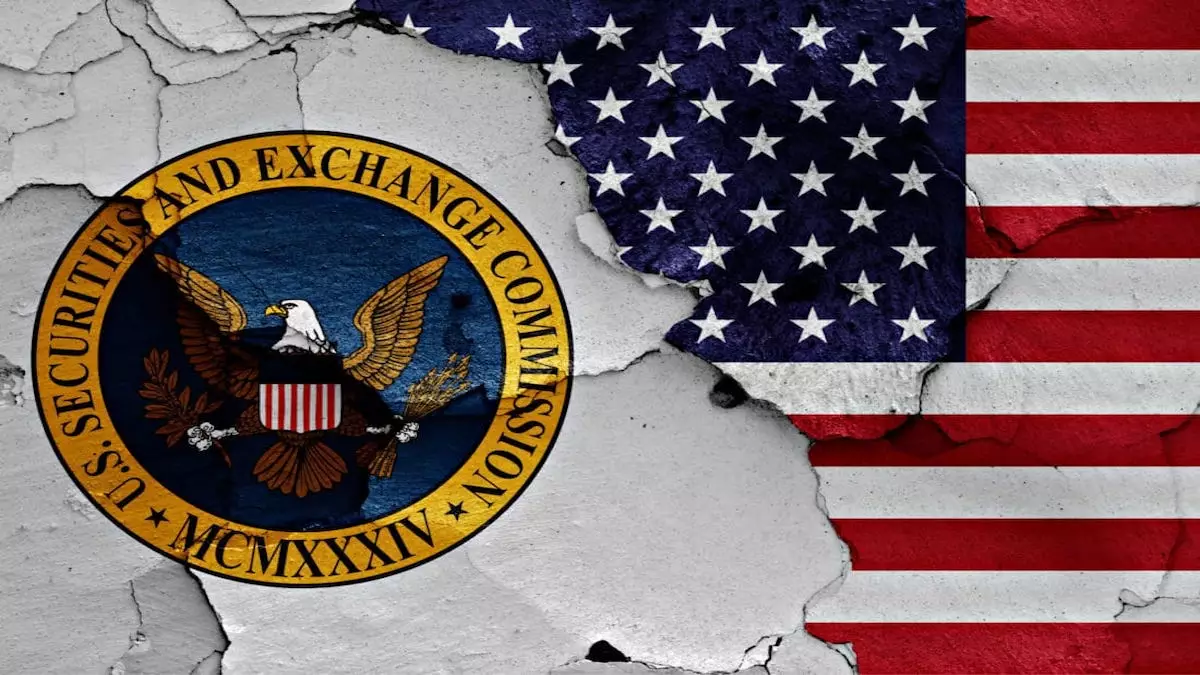The recent Wells notice issued by the U.S. SEC to OpenSea has brought to light the potential issues surrounding digital-asset regulation. The SEC alleges that some NFTs traded on the platform could be considered unregistered securities, which raises questions about the legality of OpenSea itself. This move by the SEC is part of their broader objective to apply securities laws to the crypto and NFT worlds, signaling a tightening of regulations around digital assets.
OpenSea’s CEO, Devin Finzer, has made it clear that the platform intends to fight the SEC’s allegations, as they believe they are unjust and could have far-reaching implications. The SEC’s scrutiny of OpenSea is a warning sign for other companies in the cryptocurrency space, as the commission ramps up efforts to regulate this rapidly growing industry. The $5 million set aside by OpenSea to cover legal expenses is an indication of the potential impact this regulatory scrutiny could have on the platform and the NFT market as a whole.
The SEC’s attempts to fit NFTs into traditional securities laws could undermine the very principles of decentralization that the NFT ecosystem is built on. By imposing regulatory oversight on NFT platforms, the SEC risks stifling creativity and innovation in the digital art space. The ongoing investigation into Yuga Labs, the creator of Bored Ape Yacht Club NFTs, is further evidence of the SEC’s scrutiny of successful NFT projects, which could have significant implications for the entire market.
If NFTs are classified as securities, it could impact not only creators but also platforms and investors operating in the space. The increased regulatory burden could price out smaller creators and make NFT platforms more exclusive to wealthy individuals. The outcome of the legal battle between OpenSea and the SEC will set a precedent for the broader NFT marketplace, potentially leading to a higher cost of compliance and greater regulatory oversight.
While regulatory oversight can provide clarity and stability to a maturing market, the SEC’s current approach to regulating NFTs may have unintended consequences. A more tailored regulatory framework that recognizes the unique nature of NFTs and the decentralized structure of the blockchain ecosystem is needed. The SEC must strike a balance between ensuring consumer protection and preserving the vibrancy and creativity of the NFT space.
The SEC’s crackdown on OpenSea and other NFT platforms reflects a broader trend towards increased regulation of the digital asset space. While regulation can bring legitimacy and investor protection to the market, it must be done thoughtfully to avoid stifling innovation and creativity. The outcome of the SEC’s actions will have far-reaching implications for the future of the NFT market and the broader blockchain ecosystem.














Leave a Reply